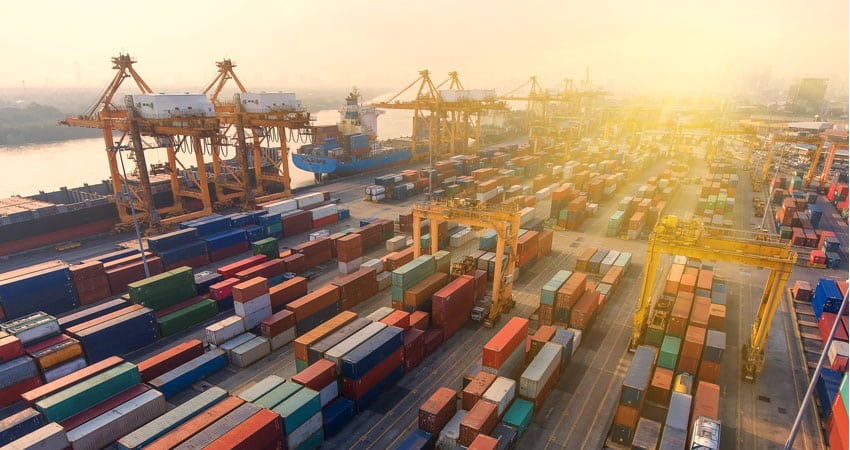A China import law taking effect June 21 that bans imports from the Xinjiang region due to allegations of widespread forced labor will worsen supply chain and inventory issues just as conditions are easing somewhat, while exacerbating rampant inflation, according to a report in Bloomberg.
The China import law, passed by Congress in December, is called the Uyghur Forced Labor Protection Act. It is named for the minority Turkish ethnic group in the major manufacturing region generally believed to be used as force labor for the production of exported goods. It will ban the import of goods wholly or partially manufactured in Xinjiang, unless companies can provide “clear and compelling evidence” to the U.S. Customs and Border Protection Agency that no forced labor was used in a “guilty until proven innocent” scenario.
Not only will the law impact the import of goods from China, estimated at $500 billion+ annually and counted on by domestic businesses of all sizes, but it will also cause supply chain shocks as federal officials closely scrutinize inbound shipments for evidence of ties to the province and forced labor.
It would likely also result in retaliatory measures on the part of the Chinese affecting import of U.S.-made goods and overall trade relations.
“If the act is implemented, it will severely disrupt normal cooperation between China and the U.S., and global industrial and production chains,” said Chinese Foreign Ministry spokesman Zhao Lijian at a Thursday press briefing, also reported by Bloomberg. He also said the law will “hobble China’s development” and warned China would take “robust measures to uphold its own rights and interests as well as its dignity,” without specifying what form they would take.
The new China import law comes at a time when the average spot rate for Asia-to-West Coast containers, which had ballooned to over $20,000 in September – with prices reported as high as $30,000 earlier in the year – had come down to about $12,600 as of last week, per Freightos. Now shippers have to brace themselves once again for a fresh round of supply chain delays and spiking ocean freight costs, rippling out to the price of goods for already wary and weary consumers.

